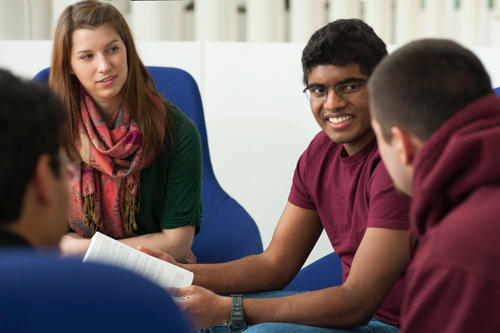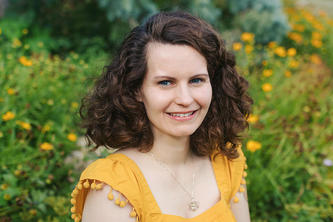
Public life in the United States is fractured and even toxic, to a level where both individuals and communities can find it difficult to cross invisible but rigid political, religious, or regional lines.
These hardened divisions have made their way onto campuses and can affect student life and classroom learning, leaving students wary of how they can engage productively with others with different life experiences and viewpoints. To help encourage connection and discussion across social and political lines, the College of Liberal Arts (CLA) at the University of Minnesota has launched the Public Life Project.
The purpose of the Public Life Project is to help students engage in productive discussion and dialogue across differences, expose themselves to diverse thought and core knowledge, enhance their ability to see the world through others’ eyes, and promote a healthy democracy however they might identify themselves on the social-political landscape.
“It is not diverse views that are the problem, it's not disagreement that’s the problem,” said Kirsten Fischer, Professor of History. “It's that we need to cultivate a higher tolerance for leaning into what’s uncomfortable and for engagement with diverse views.”
Alumni, employers, and supporters of informed civic discourse, in collaboration with CLA faculty, provided the spark for the Public Life Project. These groups wanted to ensure that University of Minnesota students develop tools and knowledge to participate confidently in public life and serve as productive members of our democratic society. The Public Life Project will help students develop these tools and civic competencies through coursework, public events, and a variety of on- and off-campus experiences.
“We all know that it takes hard work to participate in open minded debate,” said Public Life Project Director and Professor of Sociology Doug Hartmann. “The Public Life Project will help students from all backgrounds become more socially aware and prepare for the increasingly diverse, polarized, and politicized environment that awaits them after graduation.”
Home to departments such as Political Science, History, Economics, Psychology, Communications, and Philosophy, the College of Liberal Arts is leading the Public Life Project. Classes and experiences for students begin in September. As the project expands, it will support faculty research on these topics and offer workshops on teaching challenging material and engaging students across the broad spectrum of backgrounds on campus..
The public can join events planned this fall, including the 36th Annual Silha Lecture with S. Jenell Triggon who examines how our robust “marketplace of ideas” in today’s America has failed (October 26); a conversation with CNN correspondent Abby Phillip on journalism and public trust (October 28); and a discussion with Walt Jacobs, editor of Sparked, reflecting on the murder of George Floyd and the calls for change that followed in Minnesota and around the country (November 5).
CLA’s ongoing collaboration with Twin Cities PBS (TPT) has resulted in a series of videos based on Public Life Project themes including the challenges of political polarization, navigating information and misinformation in a digital media landscape, and teaching about religion in a secular institution. They begin airing on TPT in August. Learn more at tpt.org/public-life-project.
- Categories:
- Social Sciences





